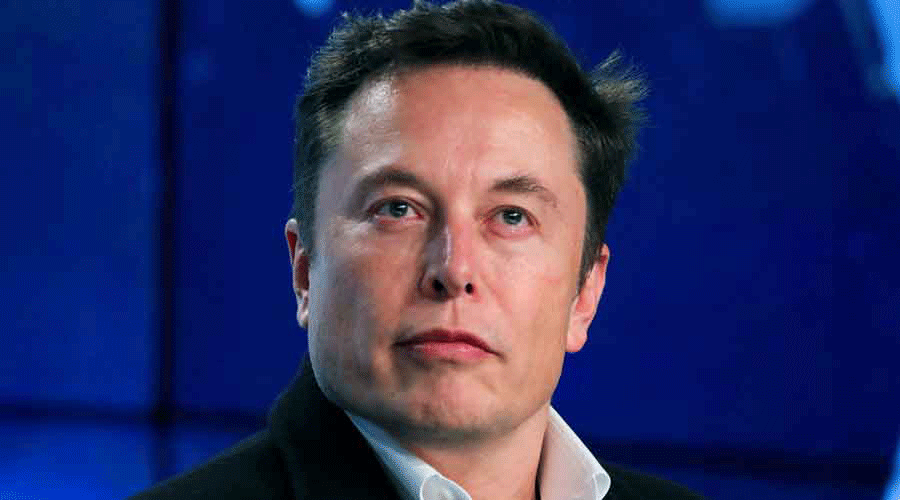Twitter has a new boss and — as with most companies that undergo a change of ownership — is currently in churn. Elon Musk, the world’s richest man who bought the social media firm for $44 billion, has decided to fire many of the company’s 7,500 employees as he looks to reset its direction and priorities. But Mr Musk’s latest purchase — he also owns a bevy of other companies, including Tesla and SpaceX — poses important questions for the future of public debate in the digital age that extend well beyond the decisions he makes for Twitter. On November 8, Twitter is expected to be delisted from the New York Stock Exchange as it formally becomes a privately owned company. At a time when social media platforms — from Facebook to TikTok — face mounting questions on privacy, content moderation, political biases and government censorship, the change of ownership at Twitter could prove to be an inflection point.
Mr Musk has said he wants Twitter to serve as a public square where people are free to exchange views and opinions without many restrictions. However, that laissez-faire approach fails to account for the major imbalances in power that exist between the different stakeholders that participate on any platform. On Twitter, women and people from marginalised communities routinely face abuses and threats of violence. Meanwhile, multiple governments — from Russia and China to the United States of America — have been known to run influence campaigns on the platform, including through bots and fake accounts that spread disinformation. Verified accounts — with blue checks — have helped, to an extent, in reducing impersonation risks for public figures. By seeking to monetise that, as Mr Musk has proposed, Twitter could create a new class distinction between those who can buy verification and those who cannot — even if they might be more vulnerable to impersonation.
There are other reasons for concern too. China is Tesla’s second-largest market and home to its biggest factory. The US and Europe are major markets too. And emerging economies like India, Nigeria and Brazil could be important audiences for the companies Mr Musk has traditionally owned. It is reasonable to ask whether that leaves him vulnerable to pressure from governments to give them influence over Twitter in exchange for better access to those markets. These are challenges that even publicly listed social media companies including Facebook — and Twitter until now — have struggled to respond to adequately. Yet their public ownership has ensured at least some accountability and transparency in their functioning. Indeed, a public square — physical or virtual — can only truly serve its purpose when participants feel a sense of ownership. Twitter’s private ownership under Mr Musk risks turning them into mere customers with no stakes — monetary or otherwise — in the platform. That is unlikely to either improve the quality of conversation on Twitter or create a level playing field for users. That can only hurt the public discourse and, ultimately, Twitter itself.











